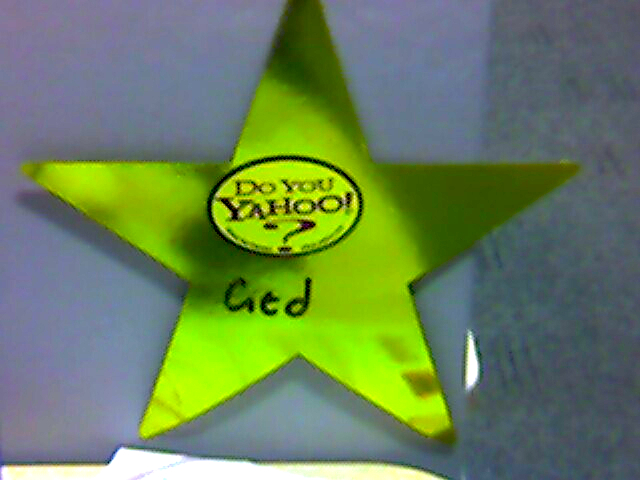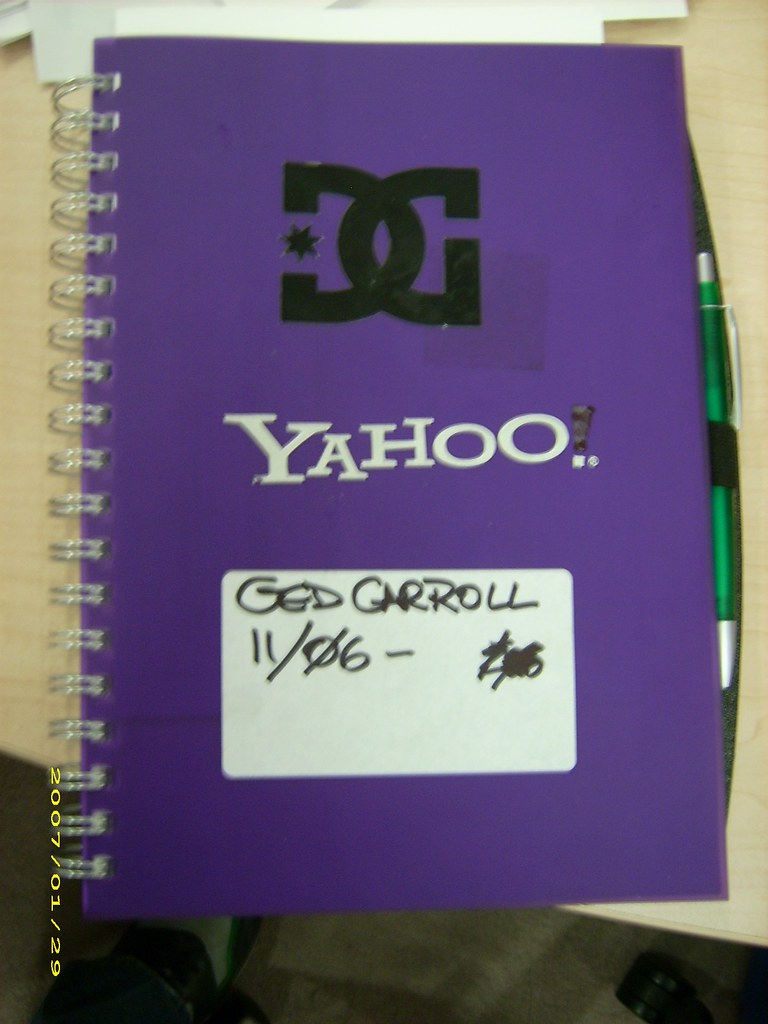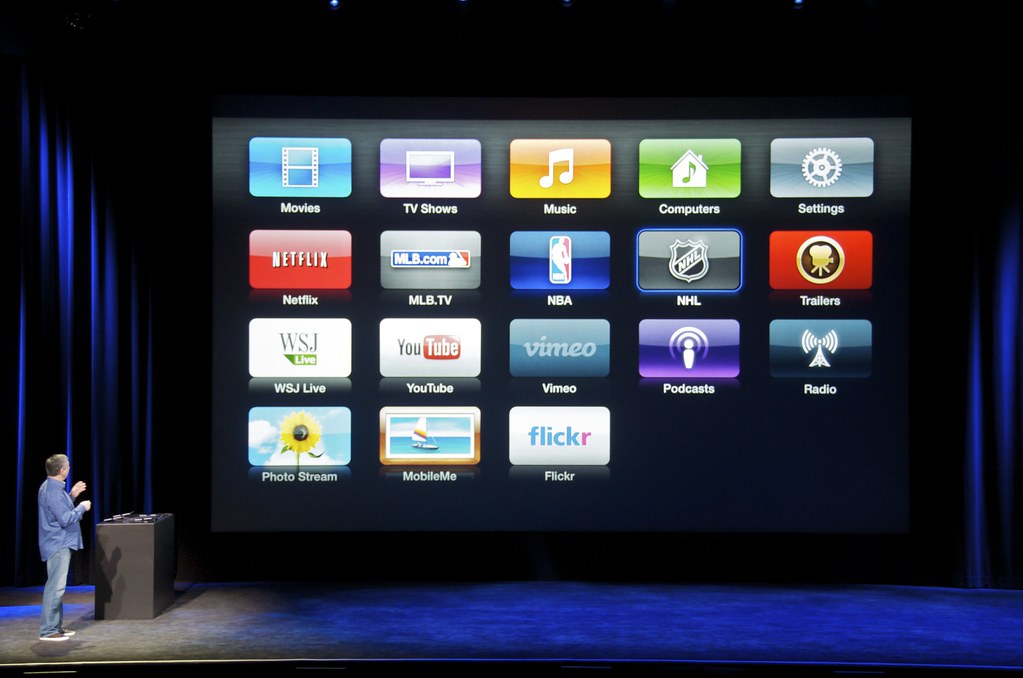I just got back from Mobile Monday’s demo night ran at the Thistle Marble Arch featuring Swytch, Quiztix, Mylo, Viewmaker, Pronto and Adsy. This evening’s event used the facilities of an Informa-ran telecoms conference: Service Delivery Innovation Summit. I missed the start of the event so my notes probably miss part of the applications on display.
Swytch – multiple mobile numbers on an application, these numbers could be different country codes and not only allowed calls but messages too. The Swytch application is basically a VoIP client rather than a soft SIM. There are other similar services especially in Africa, at the moment the founders think that their USP is the provision of access multiple UK mobile numbers, but I am not sure Swytch is defensible. I don’t want to even go there with potential use cases
Quiztix – Q&A game on both Android and iOS, because of its focus on venues as a metaphor for different game levels a couple of people were interested in reskinning it for brands. The most interesting thing for me was the way that they used advertisements to level-up within the game – increasing ad engagement.
Mylo – was a classic millenial application that helped facilitate splitting bills in house share. The application collects billing data from suppliers including Sky. Ovo Energy. Payment of one’s share could be done by PayPal. They admitted that at the moment they had no business model.
ViewMaker – location-enabled AR application that allowed a user to show & publish geotagged content. The business focus was to be infrastructure for other application or brands who wanted to publish their own data. They didn’t currently have a plan to overlay information from other sources such as Foursquare, Flickr or Google Maps at moment. One thing surprised me in the Q&A session was that clients not interested in indoor positioning yet.
Pronto – A Deliverance-type food service with some key differences. Instead of it being a web interface, Pronto relies on GPS for location. Secondly they have a really simple menu, in order to allow two-second ordering and swifter delivery. The menu doesn’t change very often which is great if you are an ‘eat to live’ person. The application recently launched in Italy and is coming to London soon. Apparently a reliable set of delivery drivers is a problem because of the piece rate / zero-hour contract nature of the work they aren’t necessarily as reliable to showing up as one would like.
Adsy is mobile or PC platform to create mobile applications that reminded me of a simple HyperCard set – but no scripting for fuller functinoality. They are handy for building catalogues, or a card-based personal site and can be embedded like a Slideshare or YouTube clip. It was deliberately kept simple and non-technical to appeal to teens – which was interesting given that most CMOs think of teens as master hackers…
IFS – IFS has its own innovation lab and they demonstrated a working prototype of wearables driving business efficiencies – business notifications to wearables, logistics etc from ERP system. Think of a smart watch as a pager. I think that most of the interesting aspects of this was the connectivity with the legacy systems. Given the current lack of compelling use cases for smart watches this could be interesting due to the provision of glance-able data.
OpenTRV – TRV is a thermostatic radiator valve. They wished to use technology to control temperature localised within a house radiator by radiator. The current model by the likes of Nest or Honeywell relying on one centralised thermostat per house controlling a boiler was considered to be a broken model. They are aiming to lower the cost of their smart TRV 10 pounds per unit.
More wireless related content here.




